My favorite self-care resources for anxiety and depression
There are many resources available online to help alleviate symptoms of depression and anxiety. I find meditation and mindfulness practices to be particularly helpful. One of my favorite resources is the web app headspace.com. It is a great way to learn how to meditate consistently. After you complete the thirty day foundation course, you can access a variety of tailored meditation courses, including ones specifically designed for depression and anxiety. If you like to learn by reading, The Mindful Way Through Depression and Mindfulness: Finding Peace in a Frantic World are great introductions to mindfulness-based cognitive behavioral therapy. Here is a TED talk by one of the authors.
Different breathing techniques can also be very helpful, particularly for physical sensations of anxiety. Dr. Andrew Weil has an excellent audiobook, Breathing: The Master Key to Self-Healing, that details some of these practices. You can also watch him demonstrate the very useful 4-7-8 breath on his website.
“Stress” and unfulfilled desire
The earliest texts of traditional Chinese medicine emphasize that unregulated emotions are the root of many illnesses. In the West, we often talk about stress causing illness, but I find “stress” to be too broad a concept. Stress can be physiological or psychological. It can be helpful or harmful. It depends on the situation and our own particular response.
Traditional Chinese medicine describes what we call “stress” as “unfulfilled desire”. That description does a better job identifying the root of many negative emotions. It certainly captures the emotional distress of many of my patients who are suffering from depression. Much of our lives are spent thinking about things we can’t have, situations we can’t control, and the people we wish we could be.
So what do we do with unfulfilled desire? Some days I watch this brief video of Jon Kabat Zinn, and I echo his words, “whatever is already here is good enough”. Since reading this powerful article on “The Forgiveness Boost” , some days I realize there is a situation or a person I need to forgive, often myself.
Turning off thoughts
I think one of the most useful books I’ve ever read on mental health is a book on work and productivity. Your Brain At Work by David Rock introduced me to the concept of the brain’s “default network”. The default network is the part of the brain that is active when we aren’t focused on anything in particular and our mind is wandering, daydreaming, or replaying thoughts and memories. My patients who have a tendency to be anxious feel they are never able to escape the chatter of their mind.
What I learned in Rock’s book is that our brains cannot do two things at once. In any given moment, every one of us is able to shut off these discursive thoughts by engaging part of the brain that uses up a lot of resources. Try it right now: look at the room around you. Don’t give it a cursory glance, but try and look at it with new eyes. Examine the variations in color, texture, light and shadow. You’ll notice that your mind immediately quiets.
It is easy to make this switch for a moment, but it’s a difficult practice to maintain over time. Meditation is a good way to practice this different mode of being, by focusing on physical sensation or a specific sound. But remember that you can access this way of being even if you don’t meditate.

I see many people who are experiencing elevated stress, depression or anxiety, and often acupuncture is enough to help them through those times. For some, acupuncture is a useful adjunctive therapy alongside counseling and medication. Most people I work with see marked improvement in their symptoms within the first three to four treatments. Anxiety and depression often require a multi-faceted approach, and self-care is essential.
How does acupuncture work for anxiety and depression?
The mechanisms of acupuncture are not fully understood, and research is ongoing and what we know now suggests that acupuncture triggers changes in the central nervous system. What I’ve noticed in my decade of practice is that everyone who benefits from acupuncture, whether they are seeing me for knee pain or headaches or depression, feels happier and more resilient after a few treatments.